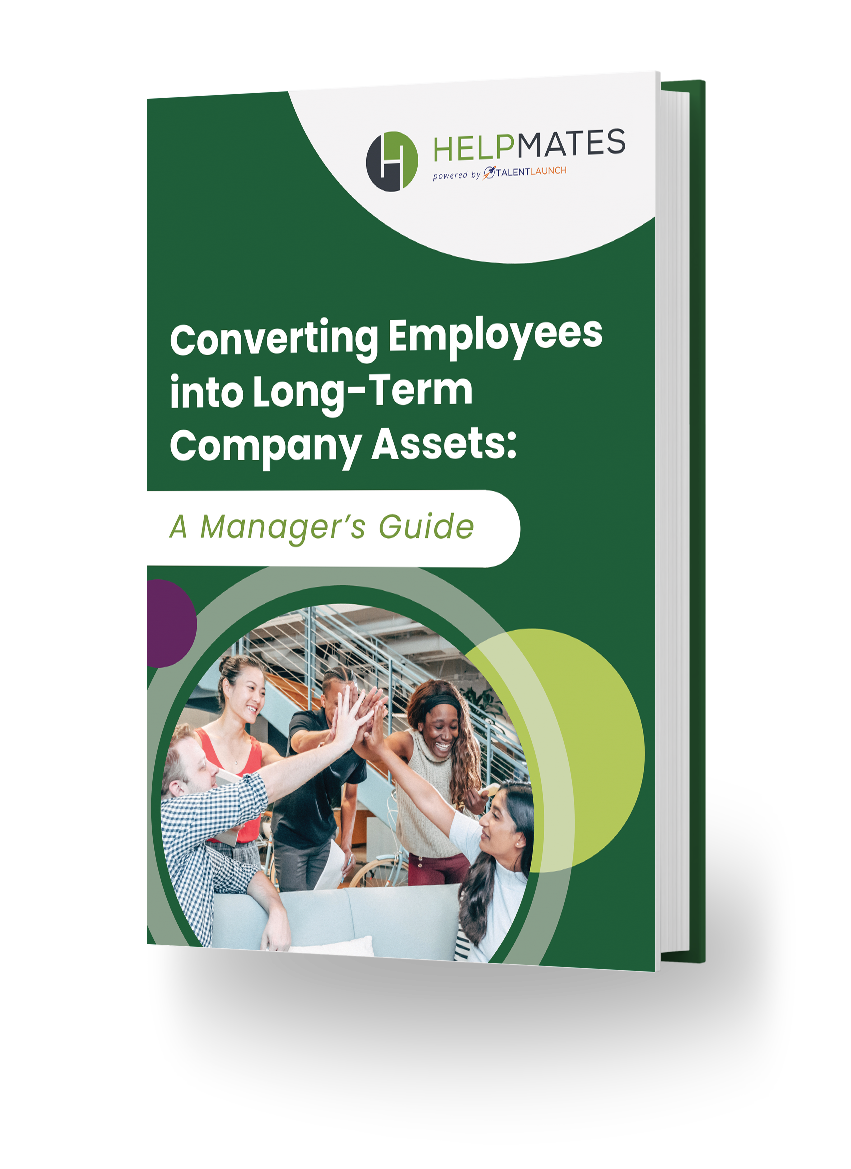Recruiting is a lot different today than it was just a couple years ago. One of the major changes is the way in which candidates experience the hiring process. From Zoom interviews to virtual onboarding, there are a lot of adjustments to make for both companies and candidates alike.
The hiring process may have changed in a number of different ways, but one aspect of it should never be altered: the candidate experience. It should always be a positive one.
It’s a Job Seeker’s Market
There are more jobs than candidates, giving job seekers the upper hand. Employers cannot become lax during their recruiting process. This is a mistake for several reasons:
- Companies are looking to fill 9.5 million open positions, and competition is fierce.
- Companies that allow a poor candidate experience lose money because of it.
- Your employer brand will suffer. Job candidates tend to talk about their negative experience with others in their profession.
How to Provide a Good Candidate Experience
Job applicants are more likely to accept a job offer if they have had a positive experience. They’re also more likely to recommend your company to others.
Communication
This is most important. You don’t want to leave candidates guessing about where they stand in the process and what the next steps are, or even how many other people are being interviewed. You should find out what questions they have as well.
You should also be honest with candidates. Some HR professionals advise discussing salary up front to be sure the company and the candidate are in the same salary range. You don’t want to go through the whole process, offer the candidate a job, and then find out that salary is a deal breaker. You also need to be honest about the position’s duties – the good and the bad aspects of the job.
Also, respond to all applications, whether you intend to follow up with someone or not. This is simply common courtesy, and it will make a good impression on applicants. Most companies don’t even bother to acknowledge the receipt of applications.
Respect
You need to treat candidates with respect. That means preparing for the interview, knowing the candidate’s background and having questions already drawn up. Sometimes hiring managers show up unprepared and/or distracted, resulting in a haphazard interview.
The Hiring Process
Your hiring process should be applicant-friendly. Too often, companies make candidates jump through a lot of hoops. Applications are long and complicated. The candidate has to interview with too many different people, and the process takes too long.
Ask For Feedback
To improve your hiring process, you need to get feedback from the candidates. Find out what they thought of their interview. Ask them:
- What kind of impression did they get of the company?
- Did they feel they received enough information as they went through the process?
- Did they think they were treated well?
- What did they like about the hiring process?
- What things would they change? What kind of improvements would they make?
A Competitive Advantage
It’s a job seeker’s market, but the ball is in your court to provide an exceptional candidate experience from recruitment to onboarding. Do it right, and it will become a competitive advantage.
If you’re looking for some staffing assistance, Helpmates is always here for you. We can handle all of the candidate pre-screening, from sourcing qualified candidates, to conducting preliminary interviews, to checking references and vetting. That way, you’ll receive only top candidates for final interviews — and that’s a great experience.






